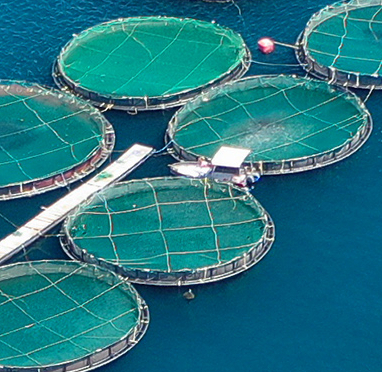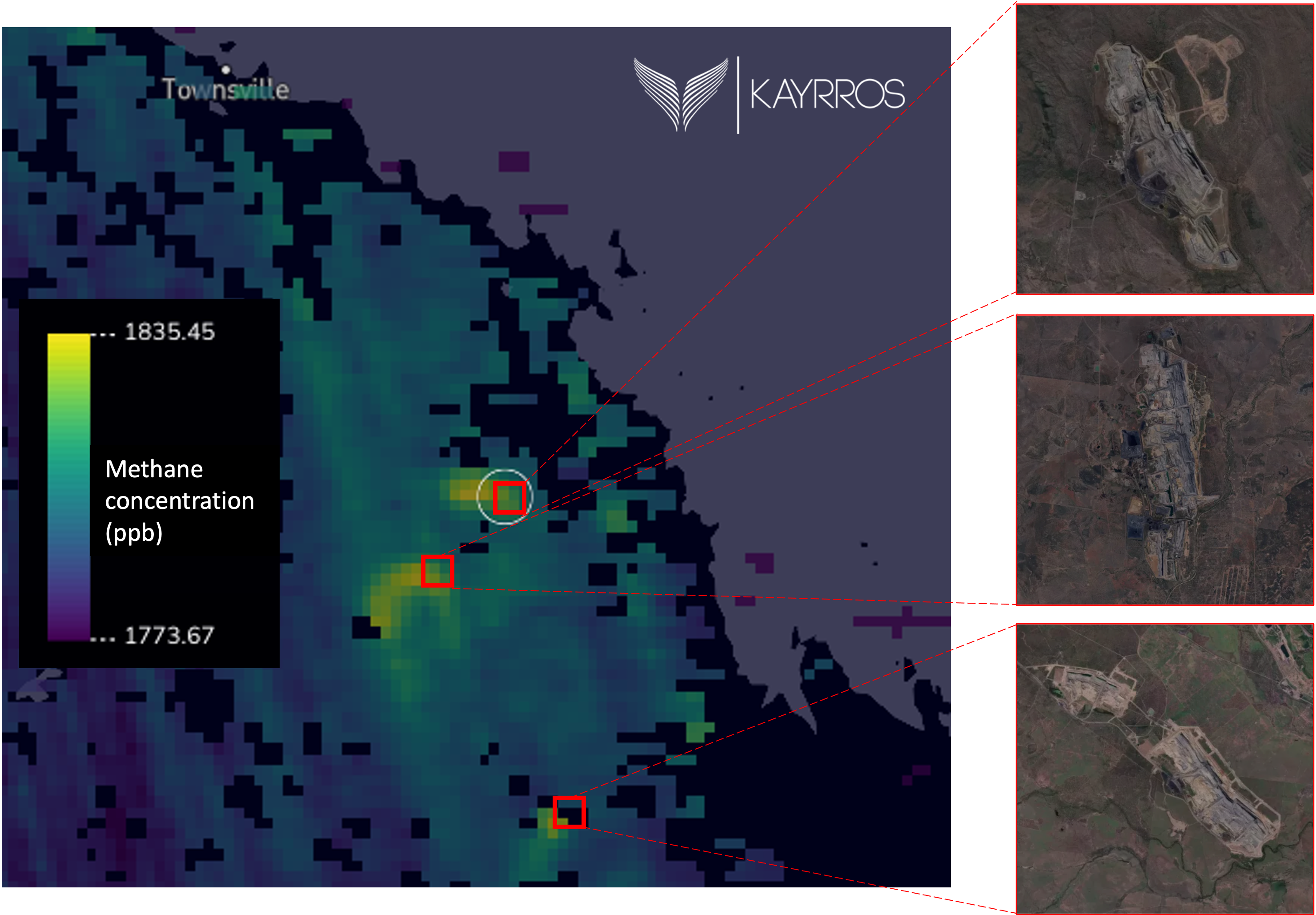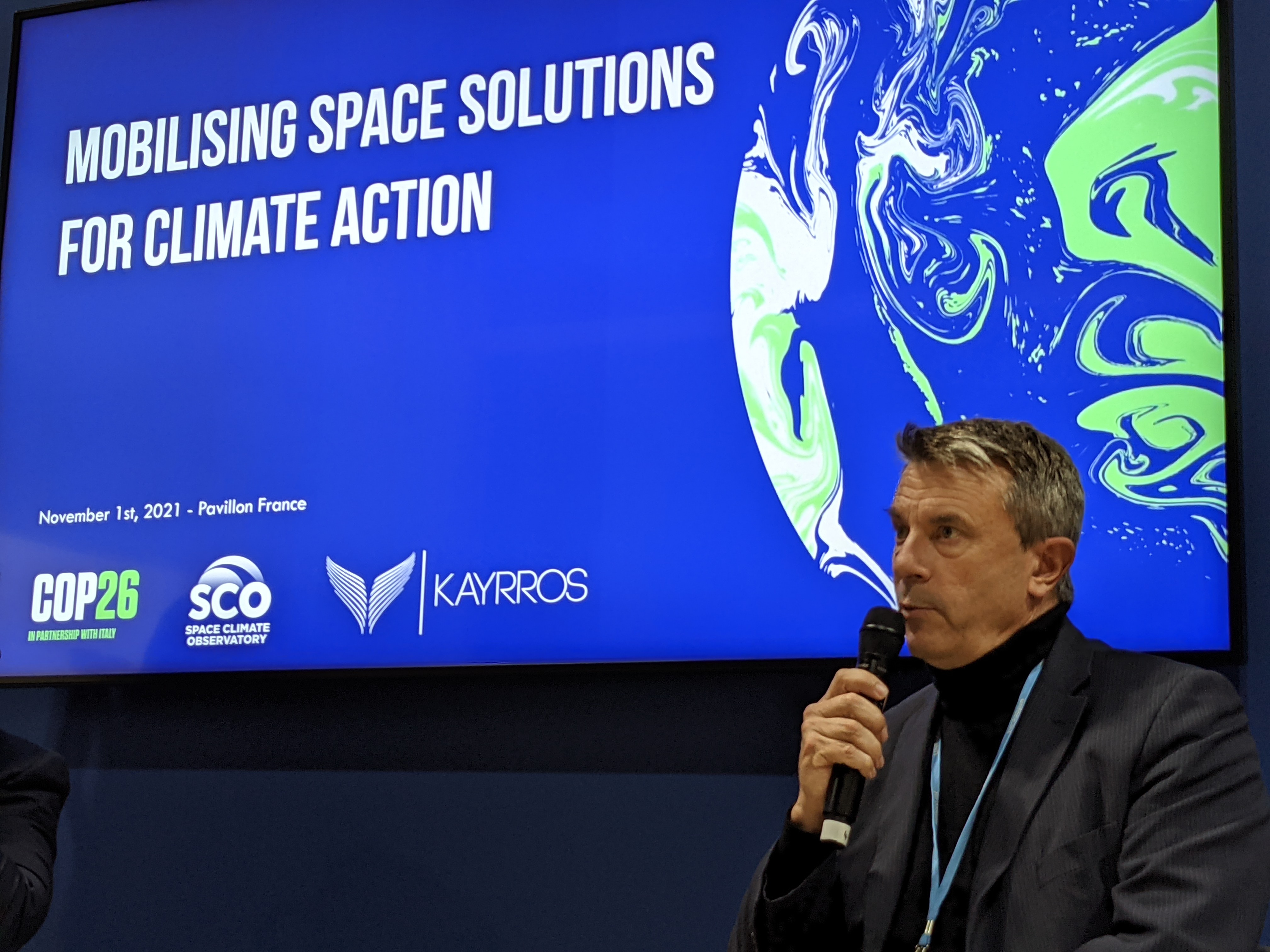Meet the ESA Ambassador Platform for Italy
This story is part of our new story series: Meet the Ambassadors. In this new series, we’re going to introduce you to the great teams across our Network that are using space to develop commercial products and services applied in daily life. Curious about their highlights and advice? Read on.
Who is ESA Business Applications Ambassador Italy?
Fondazione E. Amaldi is the Italian Ambassador for ESA Business Applications (AP-IT) supporting Italian entrepreneurs in developing disruptive new business models to enable new products and services for the traditional industrial sectors. From 2016, the AP-IT has been encouraging the Italian innovation ecosystem, supporting technology transfer processes in every phase of the value chain, and providing business, technological and financial guidance.
Tell us about the people in your team and what strength/added value do you bring through.
Lorenzo Scatena is the Italian Ambassador with a background in law and finance. Mentor and founder of tech accelerators and start-ups, he has enabled the first Italian venture capital fund for the space sector and provides companies with top tips to boost their business.
Eleonora Lombardi is the Deputy Ambassador with a background in business and international relations and is the go-to person to find a solution able to revolutionise the traditional approach.
Giorgia D’Agostinis is a Technology Analyst with a background in telecommunications and specialises in remote radar and sensing. She is passionate about sustainable technologies and solutions.
Cristina Maria Gogu is a Marketing & Communications Manager, she creates inspiring, informing and capturing marketing campaigns outreaching the innovation community.
Valerio Roscani is a Technology Analyst with a PhD in Astronomy, Astrophysics and Space Science, he is specialised in satellite image analysis and artificial intelligence to lift the entrepreneurs using EO data.
United, curious, and hungry for progress we pave the road to the future of space innovation!

What has inspired you to work in the space industry?
In less than a century, space technologies are transforming almost every sector of society, helping to improve our daily life, sustaining our economy and industry, protecting our Earth. Supporting businesses to realise their potential to use space applications for the benefit of society is the main source of inspiration and passion for us. AP-IT is committed to support the creation of sustainable value, transferring space technologies to society’s challenges to solve business needs and real-life problems. We point at enabling entrepreneurs to integrate space and digital technologies to make them fitting within scalable business models to innovate on a cost-efficient paradigm.
Do you look for/have start-ups working to solve big world problems?
We strongly believe that technology has to assist the business and that business models need to solve the challenges of a sustainable world. From agrifood-tech and energy to insur-tech and fin-tech, we outreach and promote non-space sectors on the sustainable role played by space technologies in disrupting business models. The match of commercial solutions with the United Nations (UN) Sustainable Development Goals (SDGs), the European Green Deal and national policies are paramount for us and for our supported entrepreneurs to empower innovation and transform the world delivering sustainable growth.
Please present between 1 and maximum 4 examples with the name of the start-up, website and a short sentence of what are they doing.
Nhazca S.r.l. - The company, with the “Smart Geotechnical Asset Management” programme, takes advantage of data collected by monitoring sensors (both contact and remote sensors) for an efficient management of transportation assets. The purpose is to develop a web-based geo-spatial platform (SGAM platform) to support the management of geological and geotechnical assets to increase the control of the strategic element of the transport networks.
Mobygis S.r.l. - WatAspace, based on satellite data, like synthetic aperture radar (SAR) via Sentinel-1 and radar-altimeter via Sentinel-3, monitors river discharge and reservoirs level in order to infer the water availability and water movement inside a watershed. The company develops a mix of physically based and AI algorithms aimed to analyse water flow and water level on some test beds in Europe, with the objective to assess the accuracy level and the size of addressable water body.
What is your advice for aspiring entrepreneurs?
Two main pieces of advice: technology needs a business application and human capital is your best investment. No matter what the sector, a concrete business vision can inspire and motivate a disruptive growth as well as your growth is possible only through the abilities and qualities of your managers and employees. Your company is a living animal and needs to proactively move forward.
Using one word, how would you describe the ESA Space Solutions community?
One word? VALUE - Value is the mix of basic and fundamental beliefs that guide or motivate attitudes or actions. It is, in a narrow sense, which is good, desirable, or worthwhile, the motive behind purposeful actions. It is the end to which we act and evolve to benefit entrepreneurs and society in many forms.
How would you solve problems if you were from Mars?
Integrate the diversity of Martians to widen the horizon of possible and effective solutions.
What is your website link where the readers can find more about you?
Check iap-italy.it, subscribe to our newsletter and follow our LinkedIn page for all our news and to get in contact with our galactic team.
ABOUT ESA SPACE SOLUTIONS
ESA Space Solutions is the go-to place for great business ideas involving space in all areas of society and economy. Our mission is to support entrepreneurs in Europe in the development of business using satellite applications and space technology to improve everyday life.







